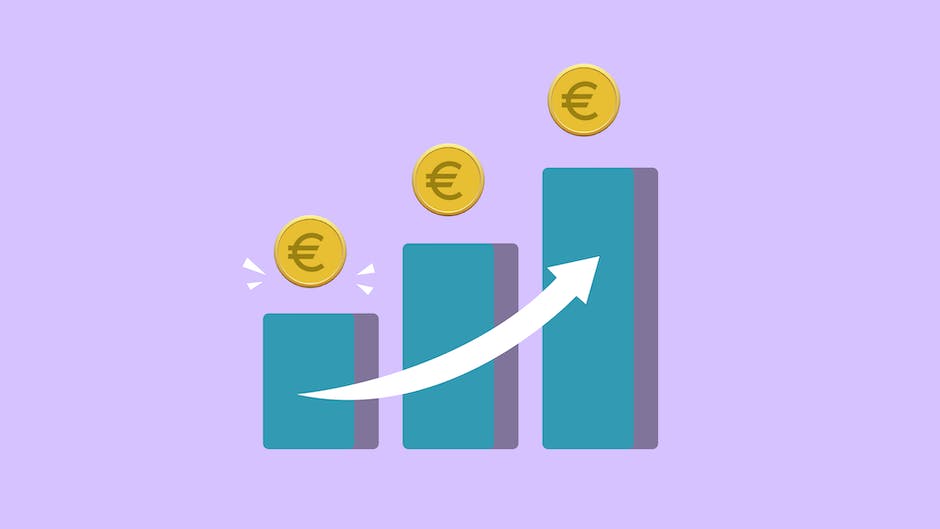Understanding bank trading in Forex and stocks
Bank trading refers to the trading activities performed by financial institutions like banks in the Forex and stock markets. These institutions have a significant impact on market movements due to their large trading volumes and access to financial resources. Understanding bank trading can help you make informed decisions when trading in Forex and stocks. Here are some key points to consider:
- Banks have access to more resources: Financial institutions have access to a vast amount of capital, allowing them to execute large trades that can influence market prices.
- Market manipulation: Banks can sometimes engage in market manipulation to their advantage, impacting currency and stock prices.
- Monitoring bank activities: Keeping an eye on bank trading activities can provide valuable insights into potential market movements.
- Use of advanced strategies: Banks often employ sophisticated trading strategies that can affect market dynamics.
- Impact on retail traders: Retail traders can benefit from understanding bank trading patterns to optimize their own trading strategies and maximize profits.
Benefits of leveraging bank trading
Bank trading allows you to amplify your potential profits in Forex and stocks by using borrowed funds to increase your trading position size. Here are the benefits of leveraging bank trading:
- Increased Profit Potential: By using leverage, you can control larger positions with a smaller amount of capital, potentially leading to higher profits.
- Diversification: Leverage enables you to diversify your investment portfolio and take advantage of various trading opportunities.
- Hedging: You can use leveraged trades to hedge your existing positions and manage risk effectively.
- Liquidity: Leveraged trading provides greater liquidity, allowing you to enter and exit trades more quickly.
- Access to Markets: Leveraging bank trading grants you access to markets that may have been out of reach otherwise.
- Cost-Efficiency: Leveraging can be a cost-effective way to maximize your returns without needing to invest a large amount of capital upfront.
Risks associated with bank trading
Bank trading involves risks like market volatility, price fluctuations, and economic events impacting profits. Lack of experience can lead to losses. Leverage allows for larger trades but also increases potential losses. Lack of proper risk management can result in significant financial setbacks. Understanding these risks is crucial before engaging in bank trading.
Strategies for maximizing profits in bank trading
To make the most profit in bank trading, it’s crucial to understand and apply effective strategies. Bank trading involves sizable transactions and relies on market movements to generate gains. Here are a few strategies that can help you maximize profits:
- Leverage: Utilize leverage to enhance your trading position and potentially increase profits.
- Risk Management: Implement robust risk management strategies to protect your capital and minimize potential losses.
- Technical Analysis: Use technical analysis tools to identify market trends and make informed trading decisions.
- Fundamental Analysis: Consider fundamental factors like economic indicators and geopolitical events to anticipate market movements.
- Diversification: Spread your investments across different assets to reduce risk and increase potential returns.
By incorporating these strategies into your bank trading activities, you can work towards achieving optimum profitability in the Forex and stock markets.
Importance of timing in bank trading
Timing is crucial in bank trading. It can significantly impact your profits. Banks make large trades that move the market. By aligning your trades with the times when banks are most active, you can increase your chances of profit. Keep an eye on key market sessions when banks are most active: The London and New York sessions are particularly important. Trading during these times can give you an edge in the market.
Role of financial institutions in bank trading
Financial institutions play a crucial role in bank trading within the Forex and stock markets. These institutions act as key players in facilitating transactions, providing liquidity, and influencing market movements. Their vast resources and expertise allow them to execute large trades efficiently, impacting price movements and market sentiment. Additionally, financial institutions often engage in proprietary trading, where they use their own funds to generate profits by taking advantage of market opportunities. This practice can significantly impact market dynamics, making it important for individual traders to understand and adapt to the actions of these institutions.
Leveraging bank trading for Forex trading
Banks play a significant role in the Forex market, providing liquidity and setting prices for traders. By leveraging bank trading in Forex trading, you can access better liquidity and pricing. This allows you to execute trades more quickly and potentially at better prices. Banks often have access to lower spreads, which can result in lower trading costs for you. Keep in mind that while leveraging bank trading can offer advantages, it also comes with risks, so it’s essential to manage your positions carefully.
Leveraging bank trading for stock trading
When you leverage bank trading for stock trading, you can amplify the potential profits from your investments. Banks often provide substantial leverage, allowing you to control a larger position than your initial investment would typically allow. This leverage can increase your gains but also comes with higher risks. Understanding how to effectively use it can help you maximize profits in the stock market.
Tools and platforms for bank trading
When it comes to bank trading for Forex and stocks, some essential tools and platforms can help you maximize your profit potential. Here are a few key resources to consider:
- Trading Platforms: Look for platforms that offer direct access to bank liquidity and advanced trading tools, such as MetaTrader 4 or cTrader. These platforms provide real-time data and seamless execution for your trades.
- Analytical Tools: Utilize tools like TradingView or MetaStock for in-depth market analysis, charting capabilities, and technical indicators to make informed trading decisions.
- News Feeds: Stay updated with the latest market news and economic events through platforms like Bloomberg Terminal or Reuters Eikon, which can significantly impact bank trading strategies.
- Risk Management Tools: Implement risk management tools such as stop-loss orders or position sizing calculators to protect your capital and optimize your trade outcomes.
By leveraging these tools and platforms effectively, you can navigate the world of bank trading with confidence and work towards achieving maximum profit in the Forex and stocks market.
Conclusion: Achieving maximum profit through bank trading
To achieve maximum profit through bank trading, leverage the expertise and resources that banks offer. Banks provide access to advanced trading tools and deep market analysis, giving you a competitive edge. By partnering with a bank, you can benefit from their knowledge and experience in the financial markets. Additionally, banks often offer lower trading fees and faster execution times, optimizing your opportunities for profit. By incorporating bank trading strategies into your trading approach, you can maximize your profitability potential in both the forex and stock markets.





